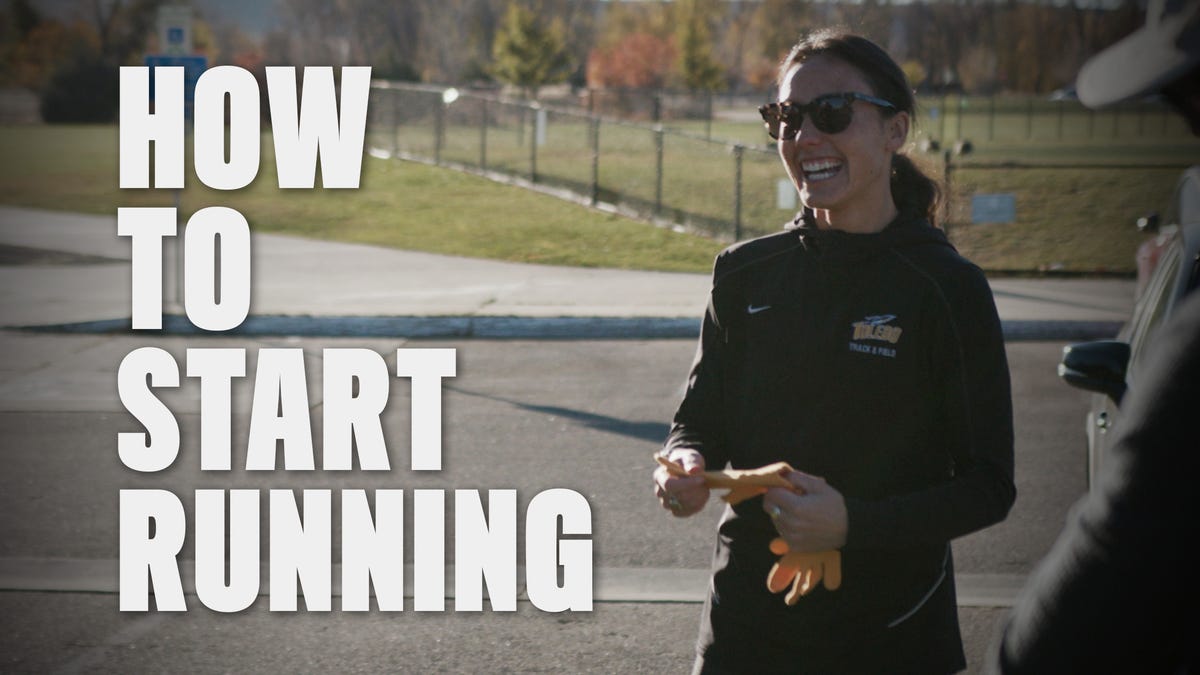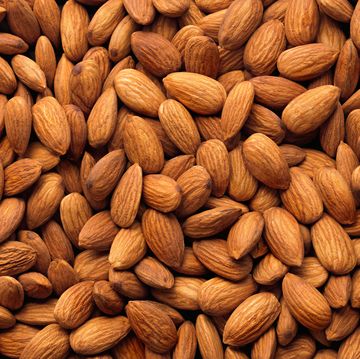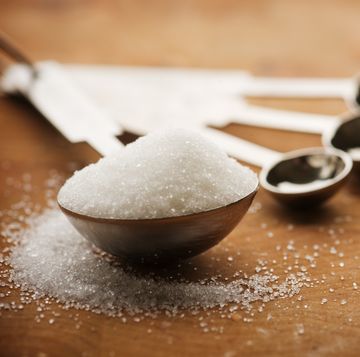If you're trying to lose weight, you've probably heard that including harder runs in your training will help, because your metabolism will stay more revved up post-run than after an easy jog. A new small study provides a reminder that a hard run isn't carte blanche to eat everything in sight.
For the study, 18 women did four 30-minute treadmill sessions. The workouts' intensity ranged from low to moderate to vigorous.
After the workouts, the women were asked to estimate how many calories they had burned during each. After the hardest of the four workouts, the women overestimated their caloric expenditure by 18%.
"The ability to accurately estimate caloric expenditure seems to be compromised when engaging in vigorous exercise," the researchers who conducted the study concluded. "This mismatch could have deleterious effects on weight management over the long term."
Many runners, of course, find that they have little or no appetite immediately after a hard run. This study suggests that, once you regain your appetite, you might feel justified in eating significantly more than after a lower-intensity run of the same length.
One way to avoid this weight-loss-sabotaging sequence of events is to take in a small amount of calories as soon as your stomach feels settled after a hard run. This should lessen the chance of feeling famished later, and will also help speed your recovery from the hard workout.
The research was presented on Thursday at the annual meeting of the American College of Sports Medicine.
Related:
Six Rules for Eating Right as a Runner

Scott is a veteran running, fitness, and health journalist who has held senior editorial positions at Runner’s World and Running Times. Much of his writing translates sport science research and elite best practices into practical guidance for everyday athletes. He is the author or coauthor of several running books, including Running Is My Therapy, Advanced Marathoning, and Meb for Mortals. Scott has also written about running for Slate, The Atlantic, the Washington Post, and other members of the sedentary media. His lifetime running odometer is past 110,000 miles, but he’s as much in love as ever.













